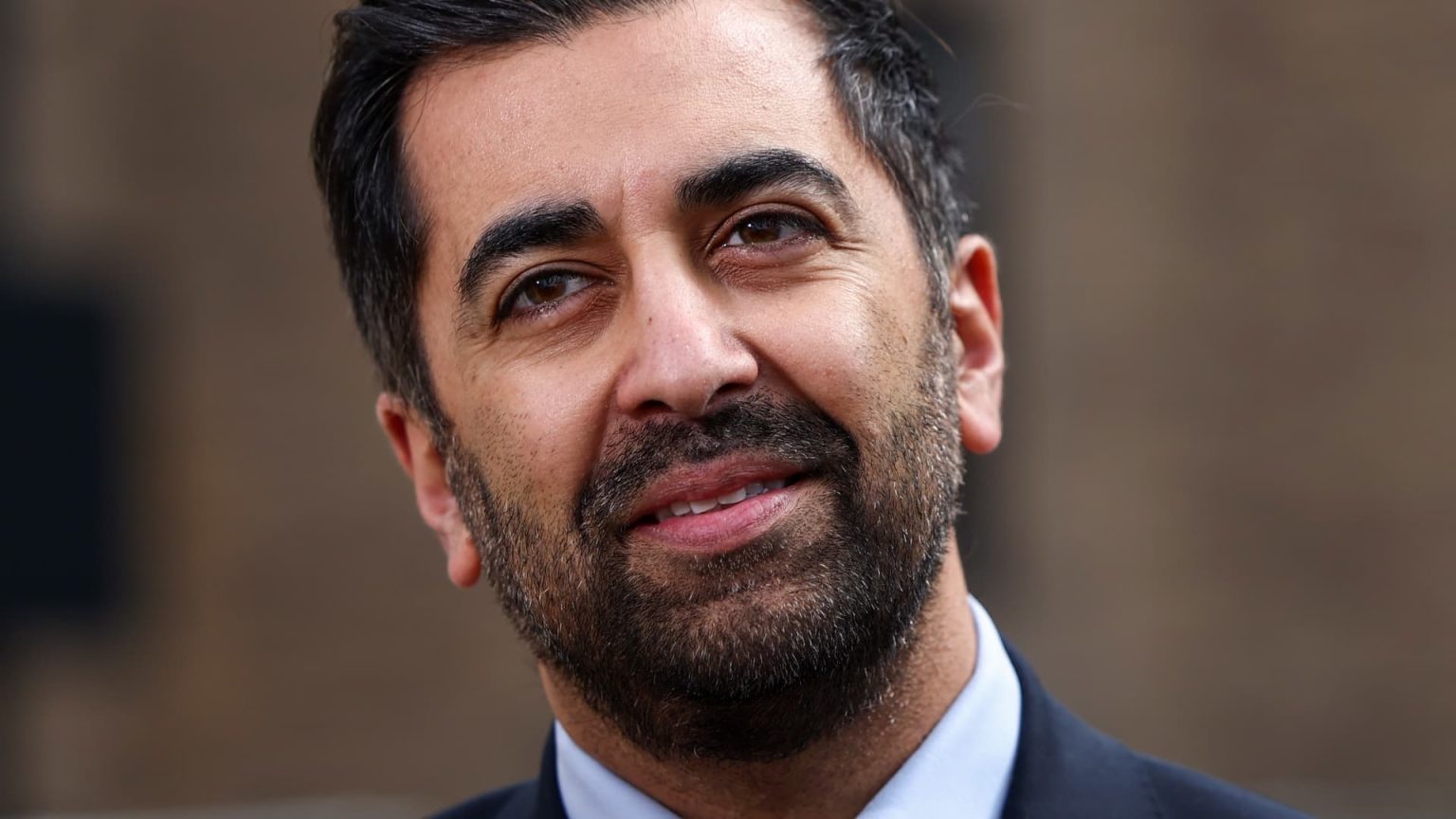Scottish First Minister Humza Yousaf resigned on Monday after the collapse of his power-sharing agreement with the Green Party. Yousaf, who is the leader of the Scottish National Party, was facing a vote of no confidence that he was not expected to survive after he ended the agreement with the Green Party last week. In a press conference, Yousaf acknowledged that he underestimated the level of hurt and upset he caused his Green colleagues and stated that trust in working with the opposition is fundamental for a minority government to govern effectively and efficiently. As a result, he decided to step down and asked the SNP to hold a leadership contest as soon as possible.
Yousaf’s decision to end the formal partnership with the Greens in the hopes of ruling as a minority government with their backing on some issues was met with strong criticism from Green Party members. The SNP, which did not achieve a majority in the 2021 Holyrood elections, is facing electoral threats from the Labour party in the upcoming U.K.-wide elections. Yousaf had been serving as Scotland’s first minister for a little over a year, taking over from Nicola Sturgeon who announced her surprising resignation in February 2023. Sturgeon has been the subject of a police investigation related to party finances, and her husband Peter Murrell was recently charged with embezzlement.
Yousaf’s resignation marks a significant shift in Scottish politics, as the country now faces uncertainty with regards to its leadership. The fallout from the collapse of the power-sharing agreement and the resignation of Yousaf could have implications for the SNP’s future governance and electoral prospects. The decision to end the partnership with the Greens has highlighted the need for trust and cooperation in minority government scenarios, underscoring the challenges of governing in a fractured political landscape. It remains to be seen how the SNP will navigate these challenges and whether a new leader will be able to repair relationships across the political divide.
The political turmoil in Scotland comes at a time when the country is also grappling with broader issues such as the impact of Brexit, the COVID-19 pandemic, and ongoing debates about independence. The resignation of Yousaf and the subsequent leadership contest within the SNP could further complicate these issues and add to the uncertainty facing the Scottish government. As the situation continues to develop, it will be important to monitor how the new leadership addresses these challenges and whether they can build the necessary alliances to govern effectively in a complex political environment. The outcome of the upcoming U.K.-wide elections will also be crucial in shaping the future direction of Scottish politics and determining the country’s place within the broader context of the United Kingdom.


